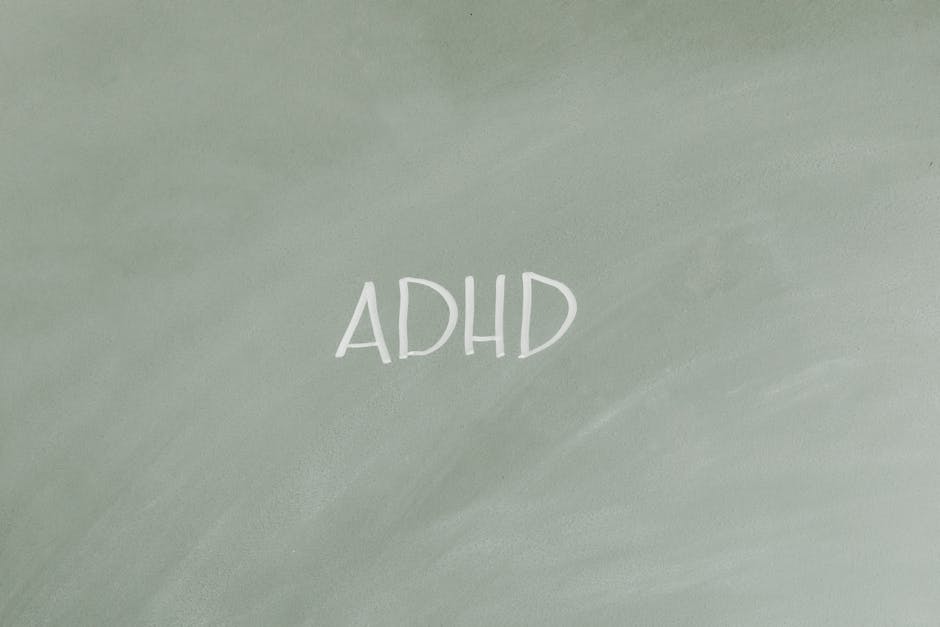Understanding Retinal Treatments: What to Expect
Did you know that over 10 million Americans suffer from some form of retinal disease? If you or a loved one is facing a retinal issue, understanding the treatments available can feel overwhelming. But don’t worry! Were here to break it down for you.
What are Retinal Diseases?

Retinal diseases affect the retina, the thin layer at the back of your eye. This layer is crucial for clear vision. Common retinal diseases include:
- Diabetic Retinopathy
- Age-related Macular Degeneration (AMD)
- Retinal Detachment
- Retinitis Pigmentosa
Each of these conditions can lead to vision loss if not treated promptly. Understanding these diseases is the first step towards effective treatment.
How Are Retinal Diseases Diagnosed?

It all starts with a visit to your eye doctor. They will perform a series of tests to check your retinal health. Common tests include:
- **Visual Acuity Test:** Measures how well you can see at various distances.
- **OCT (Optical Coherence Tomography):** Creates detailed images of the retina.
- **Fluorescein Angiography:** Involves injecting a dye to see how blood flows in your retina.
Your doctor will explain each test, so you know what to expect. Remember, being informed helps reduce anxiety!
What Are Common Retinal Treatments?

Once diagnosed, your doctor will recommend a treatment plan. Treatments can vary significantly depending on the disease. Let’s explore some common options:
1. Laser Treatments
Laser treatments use focused light beams to treat various retinal problems. Heres what you should know:
- **Photocoagulation:** This laser seals leaking blood vessels.
- **Panretinal Photocoagulation:** This treats widespread retinal damage.
it’s like using a spotlight to fix specific problems in a dark room.
2. Injections
Some diseases, like AMD, may require injections directly into the eye. This might sound scary, but it’s a routine process. These injections can:
- Prevent fluid buildup
- Reduce swelling
- Stop abnormal blood vessel growth
Doctors often use anesthetic drops, so youll feel minimal discomfort.
3. Surgery
In more severe cases, surgery may be necessary. Procedures can include:
- **Vitrectomy:** Removes jelly-like fluid in the eye to relieve pressure.
- **Retinal Detachment Repair:** Reattaches the retina to it’s proper position.
Surgery can be a complex process, but many patients experience significant improvement in their vision afterward.
What to Expect During Treatment

Every treatment experience is unique, but heres a general idea of what to expect:
- Preparation: Your doctor will explain the procedure and answer any questions.
- During Treatment: You’ll be in a comfortable chair. The whole process usually takes less than an hour.
- Aftercare: Follow your doctors advice. You may need to avoid certain activities for a few days.
it’s important to stay calm and communicate with your medical team. They are there to help you every step of the way!
What Are the Side Effects?
Like any medical treatment, retinal treatments can have side effects. Most are minor, but it’s good to be aware:
- **Eye Discomfort:** Some patients report mild discomfort after injections.
- **Vision Changes:** You may notice blurred vision temporarily.
- **Infection Risk:** As with any procedure, there is a small risk of infection.
don’t hesitate to reach out to your doctor if you experience unusual symptoms.
Can I Prevent Retinal Diseases?
While not all retinal diseases can be prevented, many can be managed with lifestyle changes. Here are some tips:
- **Regular Eye Exams:** Early detection is crucial.
- **Control Chronic Conditions:** Manage diabetes and hypertension.
- **Healthy Diet:** Eat foods rich in vitamins A, C, and E.
Taking these steps can significantly reduce your risk of retinal issues.
What About Support and Resources?
Living with retinal disease can be challenging. it’s essential to have a support system:
- **Support Groups:** Connecting with others can provide emotional support.
- **Educational Resources:** Websites like the American Academy of Ophthalmology offer valuable information.
- **Counseling Services:** Professional help can assist in coping with vision loss.
Consider reaching out to local organizations for resources and support.
Final Thoughts: Moving Forward
Understanding retinal treatments can empower you to take control of your eye health. Remember:
- Stay informed about your condition.
- Communicate openly with your doctor.
- Follow your treatment plan closely.
Your vision is precious, and there are many resources available to help protect it. If you have more questions about retinal health, feel free to explore reputable sites like American Academy of Ophthalmology.
Finally, don’t hesitate to ask your doctor any questions about your treatment options. The more you know, the better you can navigate your path to better vision!

